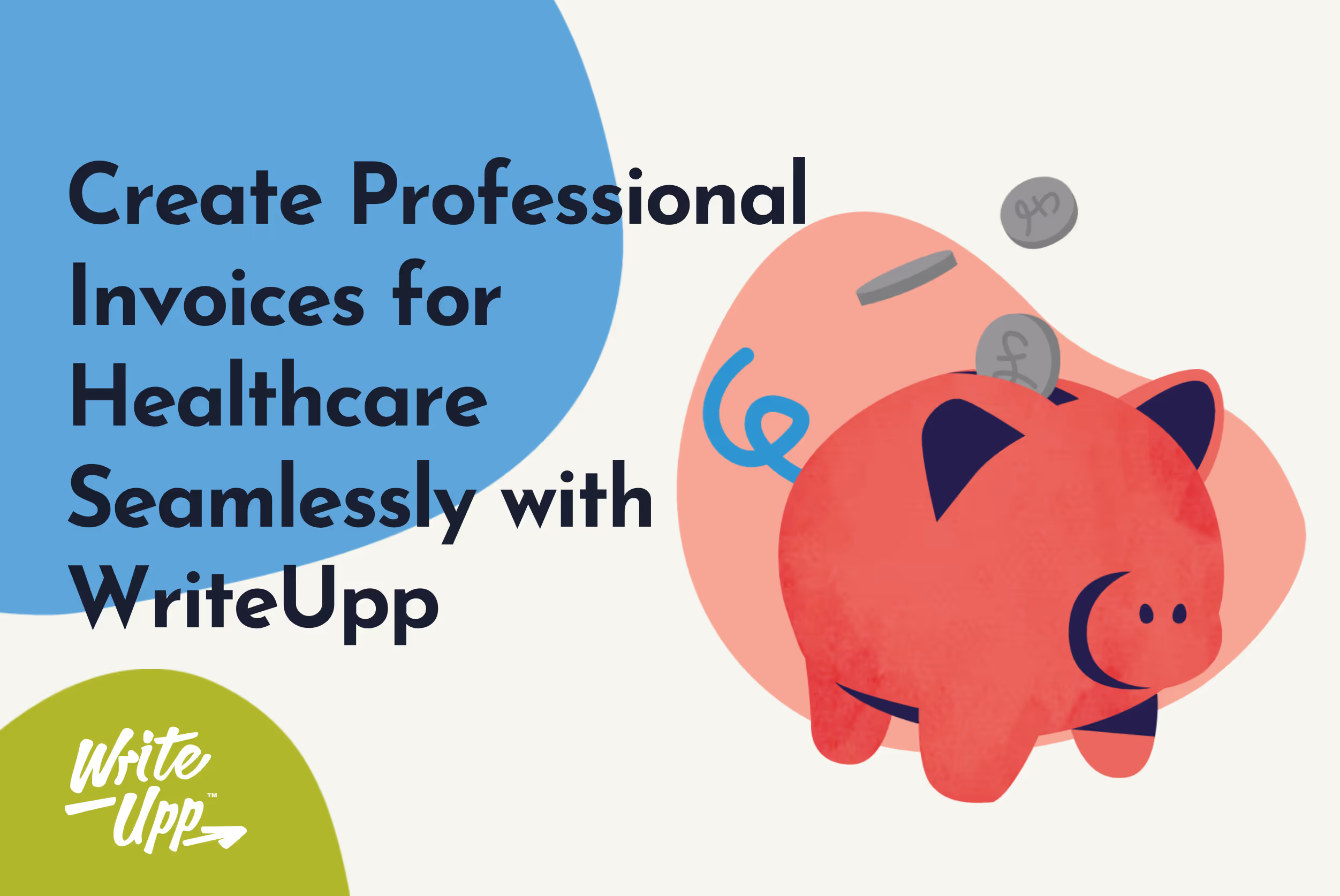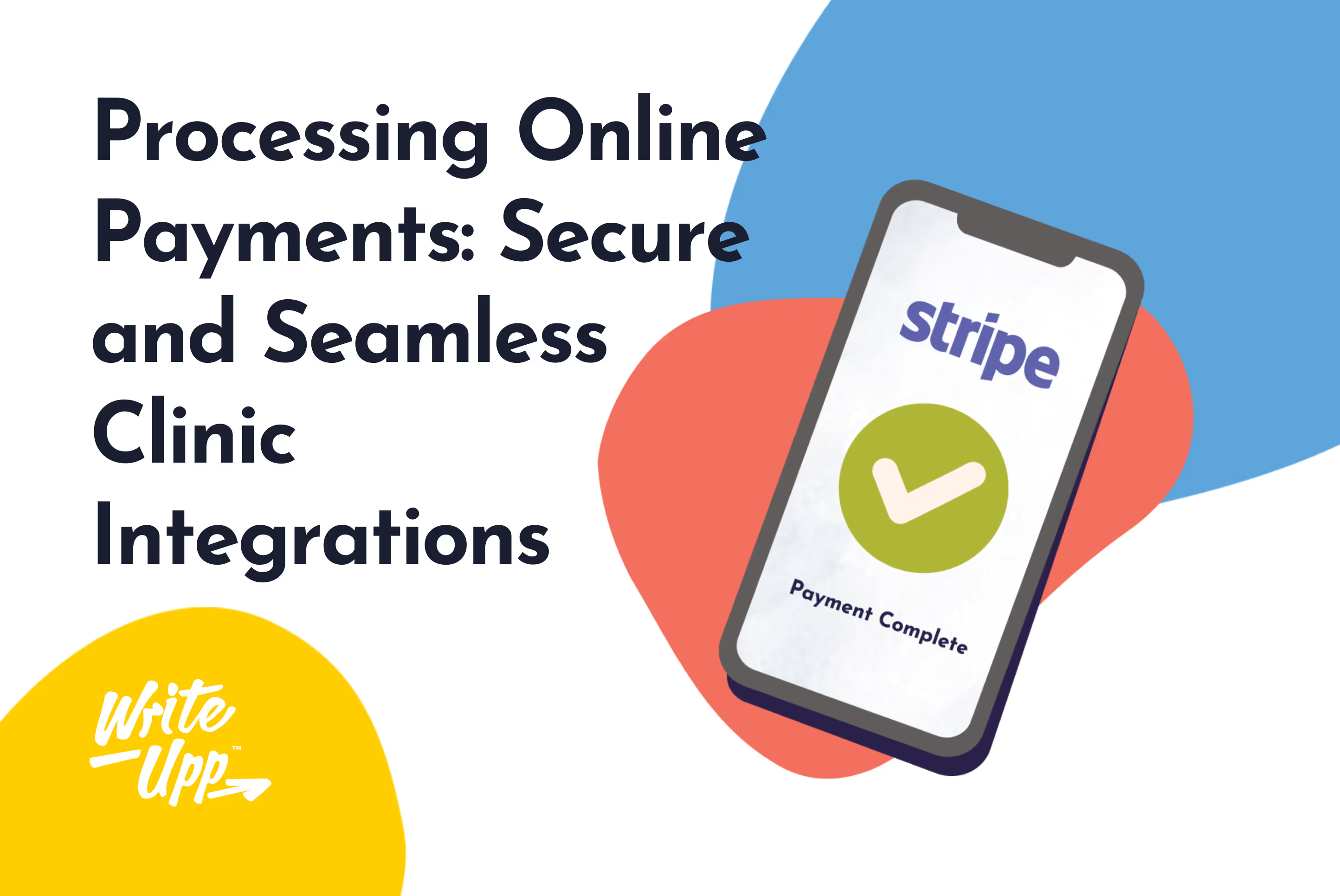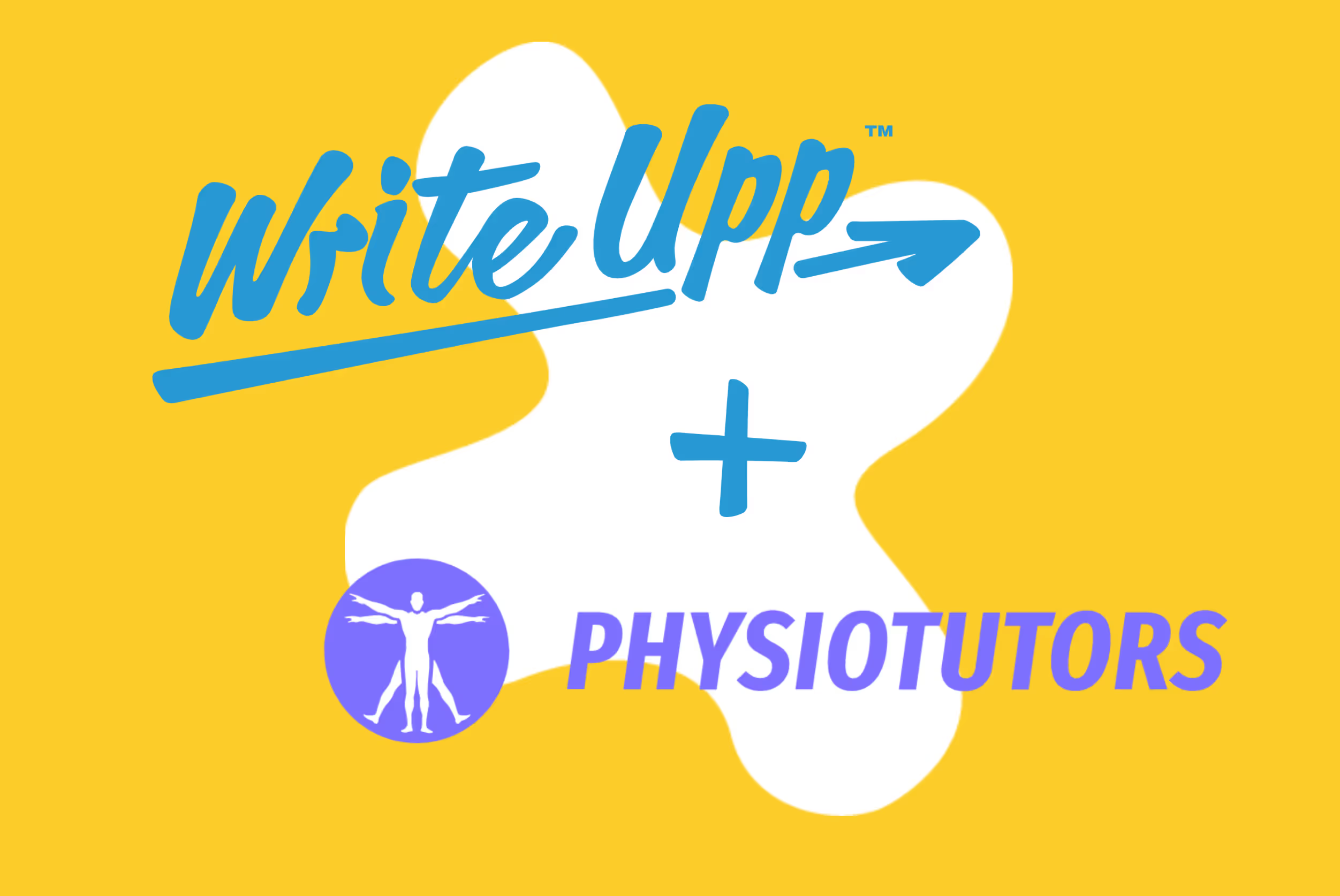Imagine a healthcare system where every aspect, from appointment scheduling to billing and follow-up care, operates with seamless efficiency. Effective patient management systems make this a reality, revolutionising healthcare delivery and significantly enhancing patient outcomes and satisfaction.
In this article, we’ll dive deep into the myriad benefits these systems offer. Discover how a robust patient management system can streamline your practice, improve accuracy, and ultimately transform the way you provide care.
Join us as we explore the future of healthcare management and how it can elevate your practice to new heights.
What is Patient Management?
Patient management encompasses the comprehensive coordination of healthcare services to ensure patients receive optimal care throughout their medical journey. It involves organised activities and processes to enhance care delivery quality, efficiency, and consistency.
At its core, patient management includes several critical functions:
- Appointment Scheduling: Efficiently managing patient appointments to minimise wait times and maximise the use of healthcare resources.
- Medical Record Keeping: Maintaining accurate and up-to-date patient records to facilitate informed decision-making and continuity of care.
- Care Coordination: Ensuring seamless communication and collaboration among healthcare providers involved in patient care.
- Billing and Insurance Processing: Streamlining the financial aspects of care, from billing patients to processing insurance claims, to reduce administrative burdens.
- Follow-up and Monitoring: Tracking patient progress and ensuring timely follow-ups to address any ongoing healthcare needs.
Patient management systems are comprehensive software solutions designed to streamline and enhance the administration and coordination of healthcare services. By integrating various functions and processes, these systems ensure that healthcare providers can deliver optimal care efficiently and effectively. They enable personalised, efficient, and effective care, allowing medical professionals to focus more on patient care and less on administrative tasks. This shift leads to better patient outcomes and higher satisfaction levels.
Enhancing Efficiency and Productivity
Patient management systems, or practice management software, are game-changers in healthcare settings, making everything run smoother and more efficiently. They handle admin and streamline clinical workflows so healthcare professionals can focus more on what they do best: caring for patients.
- Automating admin tasks: This software automates appointment scheduling, billing, and insurance claims. By cutting down on manual work, it saves time and reduces errors. Practitioners can ditch the tedious admin work and spend more time on patient-focused activities.
- Streamlining clinical workflows: Practice management software ensures patient information flows seamlessly across departments—no more hunting down records or worrying about lost data. Everything is stored in one place, making it easy for healthcare professionals to access medical histories, test results, and treatment plans. This helps in making informed decisions and providing coordinated care.
- Optimising resource allocation: Practice management software helps healthcare facilities better allocate resources like staff, equipment, and rooms by providing real-time data and analytics. This ensures that resources are used efficiently, reducing downtime and increasing the facility's overall productivity.
- Enhancing billing and revenue cycle management: Automated billing and revenue cycle management features ensure timely and accurate claims submissions. This reduces the chances of denied claims and speeds up the reimbursement process, improving the practice's financial health.
- Reducing no-shows: Automated reminders and confirmations for appointments significantly reduce no-show rates. This ensures that the schedule runs smoothly and time slots are efficiently utilised.
In short, practice management software boosts efficiency and productivity by automating tasks, streamlining workflows, improving communication, optimising resources, enhancing billing processes, and reducing no-shows. It frees up time and resources, allowing healthcare professionals to deliver better patient care.
Improving Patient Care
Practice management software is essential for enhancing patient care by providing real-time access to patient data and enabling personalised care plans. This transformative tool allows healthcare providers to access up-to-date medical records, test results, and medication information instantly. It eliminates manual record-keeping, reduces errors, and ensures that providers have the most relevant information at their fingertips.
The software also facilitates the creation of tailored care plans, including medication schedules, follow-up appointments, and treatment plans, ensuring that each patient receives personalised treatment based on their unique needs. With accurate, real-time patient data, healthcare providers can make well-informed decisions quickly, leading to better patient outcomes.
Efficient communication is another significant advantage, with automated appointment reminders and medication alerts helping ensure patients adhere to their care plans, reducing the risk of missed appointments and improving overall health outcomes.
Finally, the centralised platform streamlines the sharing of patient information across different departments and specialists, leading to more coordinated and effective care. By improving data access, personalising care plans, enhancing decision-making, improving communication, ensuring timely follow-ups, and boosting care coordination, practice management software empowers patients to take an active role in their healthcare.
Financial Benefits
Practice management software offers several financial perks, from cutting administrative costs to speeding up payment processing. Here's how it can boost your bottom line:
- Cutting admin costs: This software reduces the need for manual work by automating tasks like appointment scheduling, patient record management, and inventory management. This reduces errors and frees up staff to focus on more valuable activities.
- Speeding up payments: Automated invoicing and online payment processing means faster payments. Instead of manually generating and sending invoices, the software handles this automatically, and patients can pay online. This speeds up cash flow and reduces outstanding payments.
- Reducing no-shows: Automated reminders and confirmations for appointments help minimise no-show rates. Fewer no-shows mean more consistent revenue and better use of staff time.
- Improving billing accuracy: The software reduces billing errors by automating the billing process and ensuring accurate, timely submissions of insurance claims. This decreases the likelihood of denied claims and speeds up reimbursement.
- Optimising resource utilisation: Real-time data and analytics help practices allocate resources efficiently, reduce waste, and ensure that staff, equipment, and facilities are used effectively. This helps avoid unnecessary costs and improve overall efficiency.
- Enhancing patient retention: Better patient communication and engagement through automated reminders can increase patient satisfaction and retention. Retaining patients is often more cost-effective than acquiring new ones, providing a steady revenue stream.
- Streamlining inventory management: Automated inventory management ensures that medical supplies are ordered on time, reducing the costs associated with overstocking or running out of essential items.
Adopting this software can lead to substantial financial savings and increased efficiency for healthcare practices.
Compliance and Security
Practice management software is essential for ensuring data security and regulatory compliance in healthcare. This advanced software utilises encryption and secure servers to protect patient data at rest and in transit, significantly reducing the risk of data breaches. Access is meticulously controlled with unique user credentials, ensuring only authorised personnel can view or manage sensitive information.
Additionally, the software aids healthcare providers in complying with regulations such as the GDPR by automating administrative tasks like documentation, scheduling, and billing. Features such as electronic health records (EHRs) and patient consent forms are integrated to ensure adherence to industry standards.
The software’s auditing and reporting capabilities allow providers to track and monitor compliance with regulatory requirements, making it easier to promptly identify and address non-compliance issues. Automated documentation and record-keeping ensure that patient information is accurately maintained and easily retrievable, reducing the risk of compliance errors. Role-based access controls ensure that staff members only have access to the information necessary for their role, minimising the risk of unauthorised data exposure.
Regular software updates address emerging security threats and ensure ongoing compliance with evolving regulations. By incorporating advanced encryption, secure storage, automated record-keeping, secure communication, and robust auditing and reporting capabilities, practice management software helps healthcare providers protect sensitive information and adhere to industry standards.
Use WriteUpp for Your Patient Management Solution
In today's fast-paced healthcare environment, the importance of effective patient management cannot be overstated. From appointment scheduling to billing and follow-up care, a robust patient management system transforms healthcare delivery, enhancing patient outcomes and satisfaction. As we've explored, these systems streamline processes, improve accuracy, and empower healthcare providers to deliver personalised, efficient, and coordinated care.
For healthcare providers looking to elevate their practice to new heights, WriteUpp offers the ultimate solution. With its comprehensive suite of features, WriteUpp ensures seamless data access, personalised care plans, efficient communication, and strict compliance with regulatory standards. It not only enhances the quality of patient care but also boosts operational efficiency, reduces administrative burdens, and improves financial health.
By choosing WriteUpp, healthcare providers can rest assured that they are equipped with a cutting-edge patient management system designed to meet the complex demands of modern healthcare. Sign up for a free 30-day trial and see how WriteUpp can transform your practice.



Join over 50,000 clinicians that we've helped using WriteUpp
Start my free trial






